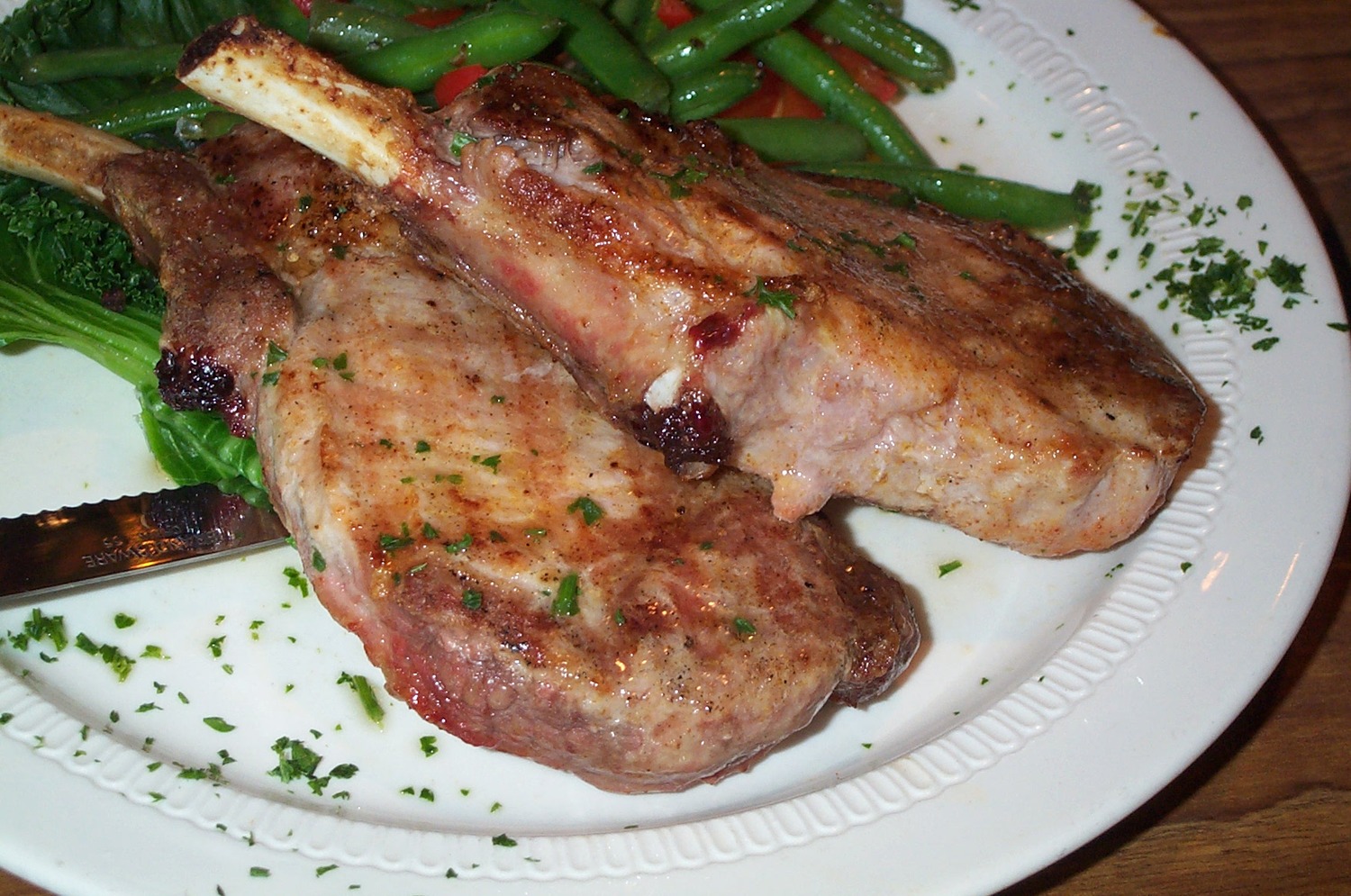A survey quizzing more than 6300 American over-50s about their eating habits, and then following them up 18 years, has shown that a diet rich in protein might be as bad for  you as smoking.
you as smoking.
Respondents in the study who obtained more than a fifth of their daily calories from protein were 75 per cent more likely to have died over the 18 year follow up and had a fourfold increase in their risk of death from cancer or diabetes, compared with individuals who only got 10 per cent of their calories from protein.
Commenting on the work, Tom Sanders, Professor of Nutrition and Dietetics at Kings College London, said "Previous research studied over 440, 000 people in Europe looking at this question of red meat consumption; they found a whiff of increased mortality, about 11%, and it's specifically more pointing towards processed meat. So there's a bit of a difference there between the size of effect."
"The paper [published this week] also makes the rather bold claim that meat and cheese might be worse than smoking. But the evidence from smoking is really water tight in terms of increasing heart disease and cancer. If you smoke and drink you have relative risks of about 80 fold greater than someone that doesn't smoke. For lung cancer it's about 10 x great, for heart disease it's about 3 x greater. What they are showing are very small effects, around 0.7. It's in the level that could be noise."
"The sample size in [this new] study, is too small. They haven't got enough people to study."
Aside from the human data, Longo and his colleagues also conducted a follow-up study in mice. Here, the team found that animals fed a low-protein diet had a lower incidence of cancer than those on a high-protein diet. The low-protein mice that did develop the disease had slower-growing tumours.
In both humans and mice, dietary protein intake altered levels of the growth hormone IGF-I, which helps our bodies to grow and has also been linked to cancer susceptibility. The authors propose this as a possible pathway linking dietary protein with the higher mortality rates seen in their study.
IGF-1 could also be used as a possible biomarker in the future to help predict people's risk of developing cancer and then steer them in the direction of particular diets as they age?
"That's exactly what I think is going to have to happen," says Longo. "There could be a lot of people that get to 80 and they still do not need to increase their protein intake. So you will measure their IGF, their level of frailty, muscle strength etc and then make the decision do they need to eat more proteins."
So what is the bottom line? According to Sarah Williams, Health Information Officer at Cancer Research UK, "protein definitely has a place in a healthy balanced diet. It's perhaps a good idea if you eat a lot of it cut back on it if you eat a lot of it to cut back on red and processed meat, like beef, lamb pork. But you broadly want to try to keep it simple, eat plenty of fibre, fruit and vegetables and try to cut back on red meats, salt and high calorie food..."
- Previous The sea turtle lost years
- Next How deep can fish go?










Comments
Add a comment